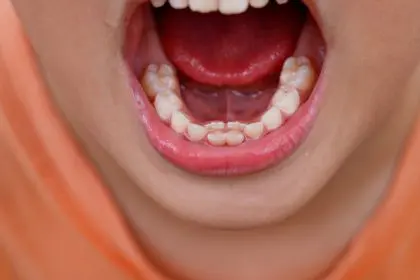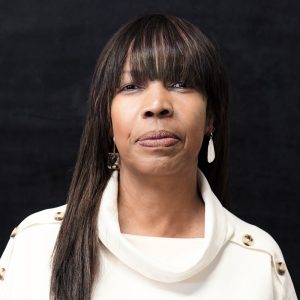
Be The Match®, a global leader working every day to save lives through cellular therapy, is experiencing an unprecedented need for minority donors. Only 8% of donors in the Be The Match Registry® are African American.
While too many potential donors—especially those of color—view the issue as one that is not particularly relevant to them, Be The Match reports that every three minutes someone is diagnosed with a blood cancer like leukemia. It can happen to anyone at any time.
And while the process may feel clinical to some, it’s remarkably personal to medical experts and donation advocates at Be The Match.
But only the mother of a child with sickle cell can fully comprehend how dire the need is for African American blood and bone marrow donors and how the crisis impacts a patient’s quality of life. One such mother is Rebbekah Benevedes, who discussed her family’s experience with rolling out CEO Munson Steed and the need for donors during a health crisis.
What have been the challenges you faced as a mother with a child in need of critical care?
I adopted Ms. Ruby when she was 4 days old. … When I took her at 7 days old to the doctor, we found that her newborn PKU screen came back positive for sickle cell disease. [PKU is short for phenylketonuria, a rare genetic condition that affects the way the body turns food into energy.] Being in West Texas, we do not have much sickle cell around here … and people just don’t know about sickle cell. [The disease] is kind of difficult to understand, and we found ourselves in a whole new and [unfamiliar] world.
What came next for Ruby after she was diagnosed?
By the time Ruby turned 3 years old, she had been hospitalized 28 times, she had had three surgeries, 10 blood transfusions and was getting ready to have her spleen removed. We had a doctor come in and ask, “Why hasn’t she been referred for a bone marrow transplant?” And that’s where our journey to Be The Match started.
Continued on the next page.
















